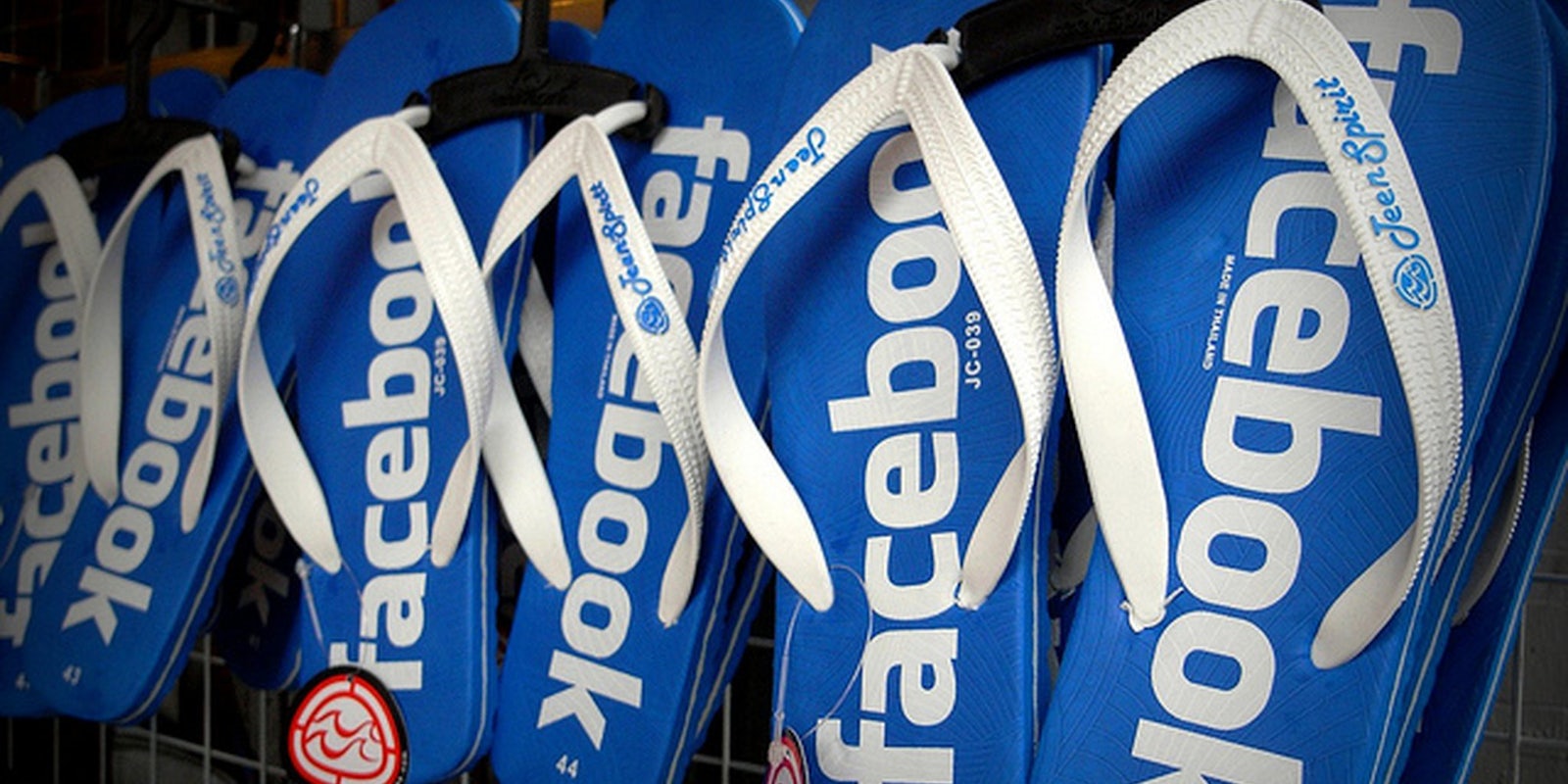Facebook is tripling down on its advertising efforts, and they’re telling you how they’re doing it.
On Sunday, Facebook’s privacy engineer Joey Tyson wrote a post, entitled “Relevant Ads That Protect Your Privacy,” detailing how the social network company plans to target ads to you.
The first is a new program called Facebook Exchange (FBX), which essentially tracks your Internet browsing so that it can then create targeted ads on Facebook based on what you’re looking at. How it works:
“We agree with a[n approved third party] provider on an ID number (separate from your Facebook ID) for each visitor’s browser. If someone then visits Facebook and his or her browser has that ID, we notify the service provider, who tells us when a marketer wants to show a particular ad.”
For instance, if you’re looking at a specialty sneaker blog, Facebook will try to sell you a pair of vintage Jordans on your feed.
The tracking is done anonymously, without Facebook divulging your personal information to the third party. Simply put, the social network acts as the middleman.
Another way Facebook is planning on advertising to you is through a program entitled “Custom Audiences,” which allows marketers to target you specifically—not just your demographic— if they already have your email address or telephone number. How it works:
“For example, a shoe store might want to show a special offer to people who have already bought shoes from them. The store can provide us with “hashes’ of their customers’ email addresses so that we can show those same people the ad without the store having to send us the actual address.”
“Hashing” is a form of securing information that lets Facebook and vendors identify individuals without each party giving the other information that they might not already have.
The third, and perhaps the most invasive, way Facebook is trying to make money off of you is through a partnership the company has with Datalogix. Through the partnership, Datalogix can match the information used to register for loyalty programs with your personal Facebook information to measure how successful Facebook ads are at getting you to purchase the products they’re plugging.
Much like the “Custom Advertising” program, the partnership with Datalogix uses the same “hashing” verification process to address any privacy concerns. Luckily for you, there is a way to opt out of this program.
The move to make better and more effective ads make sense. Since its May 2012 initial public offering, Facebook shares have lost at least a third of their value, pressuring the company to increase its revenue anyway they can, even if it means alienating the very same users its targeting.
Photo via kudumomo/Flickr


